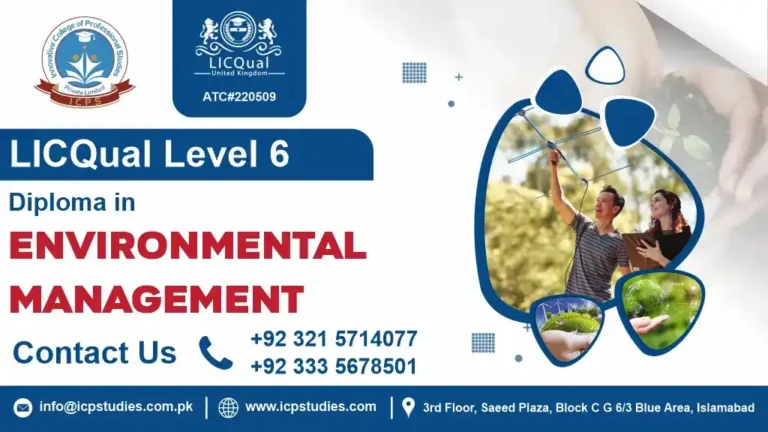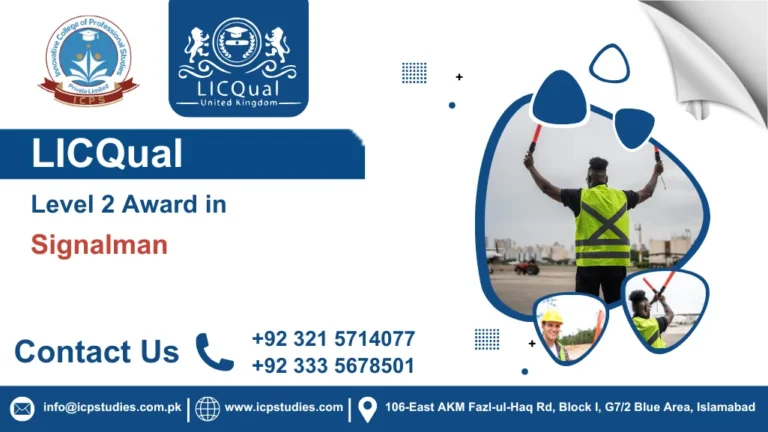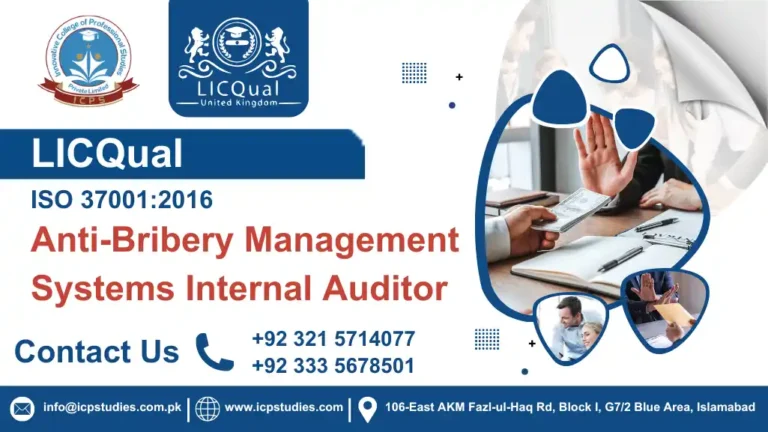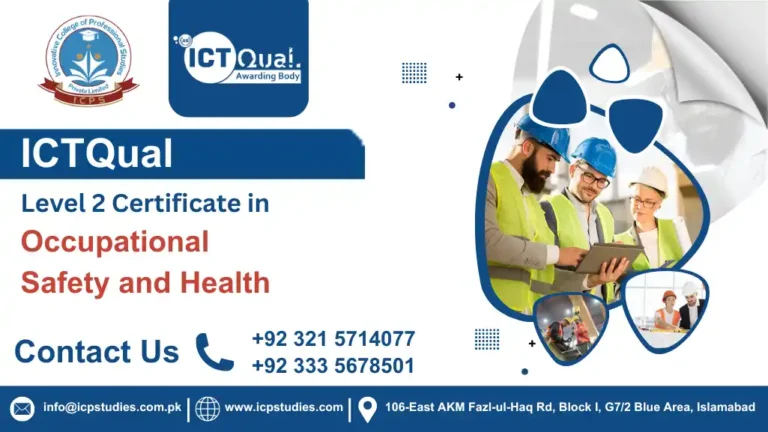The key to unlocking a green future for you and the planet
This specialized course is crafted for those aspiring to become proficient riggers, whether in the realms of construction, entertainment, or various industrial settings where precision and safety are paramount.
Rigging, as a critical aspect of diverse industries, demands a unique set of competencies to ensure the seamless and secure movement of loads. The Level 2 Award in Rigger is tailored to provide participants with a solid foundation in rigging principles, emphasizing safety protocols, hands-on techniques, and industry best practices. Throughout this program, participants will delve into the intricacies of load dynamics, equipment usage, and the crucial role rigging plays in fostering a secure and efficient work environment.
As you embark on this educational journey, expect to engage in a combination of theoretical learning and practical exercises, facilitated by industry experts. Our goal is to empower you with the expertise and confidence required to navigate the challenges of rigging, fostering a new generation of skilled professionals capable of contributing to the success and safety of various industries.
Don’t wait – enroll today and take the first step towards a brighter future in environmental management. Contact us today to learn more about our Level 6 Diploma in Environmental Management and how it can help you achieve your professional goals.
All About Level 2 Award in Rigger
Course Overview
Course Objectives:
- Rigging Principles Understanding: Gain comprehensive knowledge of fundamental rigging principles, covering load calculations, center of gravity, and load distribution.
- Equipment Familiarity: Learn about various rigging equipment like slings, shackles, hoists, and lifting devices. Acquire skills to select, inspect, and utilize these tools safely and effectively.
- Safety Procedures Emphasis: Prioritize safety in rigging operations by understanding industry-specific regulations, identifying hazards, and implementing safety measures to maintain a secure working environment.
- Rigging Planning and Execution: Acquire skills to plan and execute rigging operations efficiently, including understanding lift plans, coordinating with team members, and ensuring clear communication during the rigging process.
- Hands-On Practical Training: Participate in practical sessions to apply theoretical knowledge in real-world rigging scenarios. Enhance confidence and competence through hands-on training.
- Problem-Solving Skills Development: Enhance problem-solving abilities necessary for rigging operations by learning to analyze situations, identify potential issues, and implement solutions promptly.
To enroll in the Level 2 Award in Rigger, candidates should meet the following entry requirements:
- Educational Qualifications:
- A minimum of a Level 1 qualification in a relevant field such as construction, engineering, or health and safety is preferred.
- Alternatively, candidates should possess a high school diploma or equivalent.
- Age Requirement:
- Candidates must be at least 16 years old at the time of enrollment.
- Basic Experience:
- While prior experience in rigging or related fields is not mandatory, some exposure to construction or lifting operations can be beneficial.
- Language Proficiency:
- Proficiency in English is required, as all course materials and assessments will be conducted in English. Non-native speakers may need to provide evidence of their English language skills (e.g., IELTS or equivalent).
- Health and Safety Awareness:
- A basic understanding of health and safety practices in the workplace is advantageous.
- Physical Fitness:
- Candidates should be physically fit and capable of performing manual tasks associated with rigging operations.
- Motivation and Commitment:
- A strong interest in rigging and lifting operations, along with a commitment to safety and professional development, is essential.
Meeting these entry requirements will help ensure that candidates are prepared for the Level 2 Award in Rigger program. This qualification serves as a foundational step for individuals looking to begin their careers in rigging and lifting operations across various industries.
The Level 2 Award in Rigger is designed for individuals seeking to develop their skills and knowledge in rigging and lifting operations. This course is ideal for:
- Aspiring Riggers:
- Individuals looking to start a career in rigging and gain foundational knowledge and skills in the field.
- Construction Workers:
- Professionals already working in the construction industry who want to enhance their understanding of rigging techniques and safety practices.
- Heavy Equipment Operators:
- Those operating cranes or other lifting machinery who wish to improve their rigging skills to ensure safe and effective operations.
- Site Assistants:
- Individuals supporting rigging activities on construction sites who want to formalize their knowledge and enhance their employability.
- Maintenance Staff:
- Personnel involved in maintenance tasks that require rigging skills for lifting and moving equipment or materials.
- Safety Personnel:
- Safety officers or coordinators looking to deepen their understanding of rigging safety standards and practices.
- Students and Recent Graduates:
- Individuals pursuing careers in construction, engineering, or related fields who wish to gain a recognized qualification in rigging.
The Level 2 Award in Rigger is an excellent choice for anyone committed to establishing a career in rigging and lifting operations. Whether you are new to the field or looking to enhance your existing skills, this course provides essential training to help you succeed in various roles across multiple industries.
Ideal Candidate
The successful candidate will play a crucial role in ensuring the safe and efficient execution of rigging operations, contributing to the overall success of our projects. This position requires a combination of technical expertise, practical skills, and a commitment to safety standards.
Key Responsibilities:
- Rigging Operations: The ideal candidate should have a solid understanding of rigging principles and practices, including the ability to inspect, assemble, and dismantle rigging equipment. They will be responsible for executing rigging operations with precision and efficiency.
- Safety Compliance: A commitment to safety is paramount. The candidate should be well-versed in safety protocols and regulations, ensuring that all rigging activities adhere to industry standards and organizational guidelines. This includes the proper use of personal protective equipment (PPE) and a proactive approach to identifying and mitigating potential hazards.
- Communication Skills: Effective communication is essential in a rigging environment. The ideal candidate should be able to communicate clearly with team members, supervisors, and other stakeholders. This includes providing concise instructions, reporting issues promptly, and actively participating in safety briefings.
- Equipment Maintenance: The candidate should possess knowledge of rigging equipment and be capable of conducting routine inspections. This includes identifying and addressing any equipment defects or malfunctions, ensuring that all tools are in optimal working condition.
- Problem-Solving Skills: Rigging operations may present unforeseen challenges. The ideal candidate should be adept at problem-solving, able to think on their feet, and make informed decisions to address unexpected issues that may arise during rigging tasks.
Qualifications and Experience:
- Level 2 Award in Rigger: The candidate should hold a recognized Level 2 Award in Rigger certification or an equivalent qualification. This ensures a foundational understanding of rigging principles and practices.
- Relevant Experience: Practical experience in rigging operations, preferably in a similar industry, is highly desirable. The candidate should be able to demonstrate hands-on experience in executing various rigging tasks.
- Safety Certifications: Possession of relevant safety certifications, such as OSHA certifications, would be advantageous.
- Communication Skills: Strong verbal and written communication skills are essential for effective collaboration within the team.
- Team Player: The ideal candidate should be a team player, capable of working collaboratively with colleagues and other stakeholders to achieve project objectives.
Key Takeaways
Mandatory Units
- Introduction to Rigging and Lifting Operations:
- Understanding the basic principles of rigging and lifting.
- Recognizing key components and equipment used in rigging.
- Health and Safety in Rigging:
- Identifying potential hazards associated with rigging activities.
- Implementing safety measures and procedures in rigging operations.
- Legal and Regulatory Compliance:
- Familiarity with relevant laws and regulations governing rigging.
- Ensuring compliance with industry standards and guidelines.
- Rigging Equipment and Inspection:
- Knowledge of various rigging equipment, including slings, shackles, and hoists.
- Conducting inspections and maintenance of rigging equipment.
- Load Calculation and Weight Distribution:
- Understanding load factors and weight distribution in lifting operations.
- Performing calculations to determine appropriate rigging methods.
- Communication in Rigging Operations:
- Developing effective communication skills for coordinating rigging tasks.
- Using signaling and communication devices in lifting operations.
- Practical Rigging Skills:
- Hands-on training in rigging techniques.
- Safely performing basic rigging tasks under supervision.
- Emergency Response and Rescue Procedures:
- Understanding emergency situations in rigging operations.
- Implementing rescue procedures and first aid in case of accidents.
- Environmental Considerations:
- Recognizing environmental factors that may affect rigging operations.
- Minimizing the impact of rigging activities on the environment.
- Documentation and Record-Keeping:
- Maintaining accurate records of rigging operations.
- Documenting inspections, risk assessments, and incident reports.
FAQs Related to Level 2 Award in Rigger







